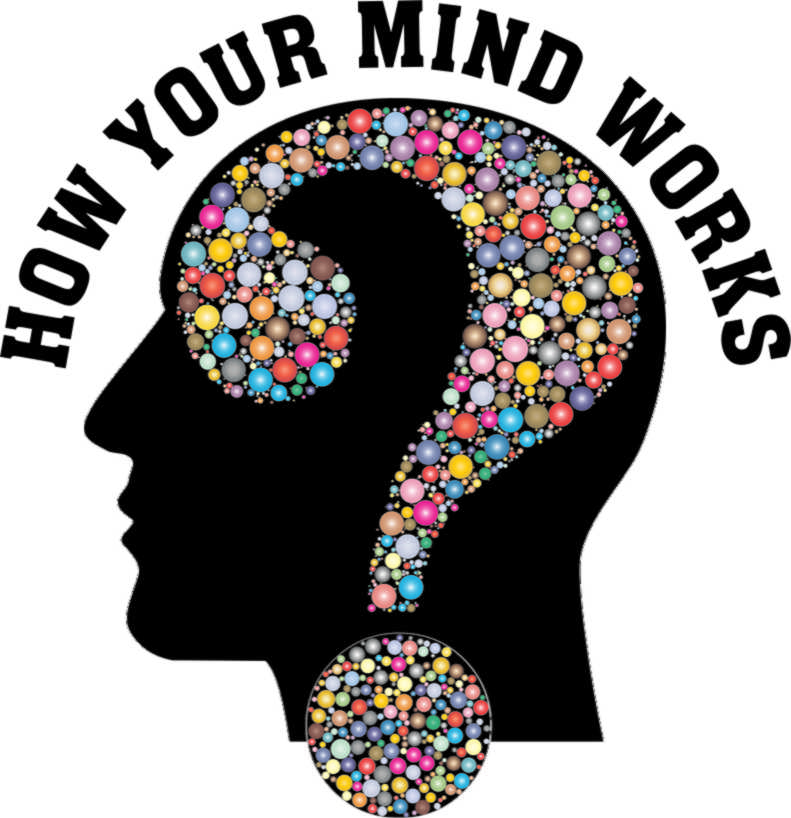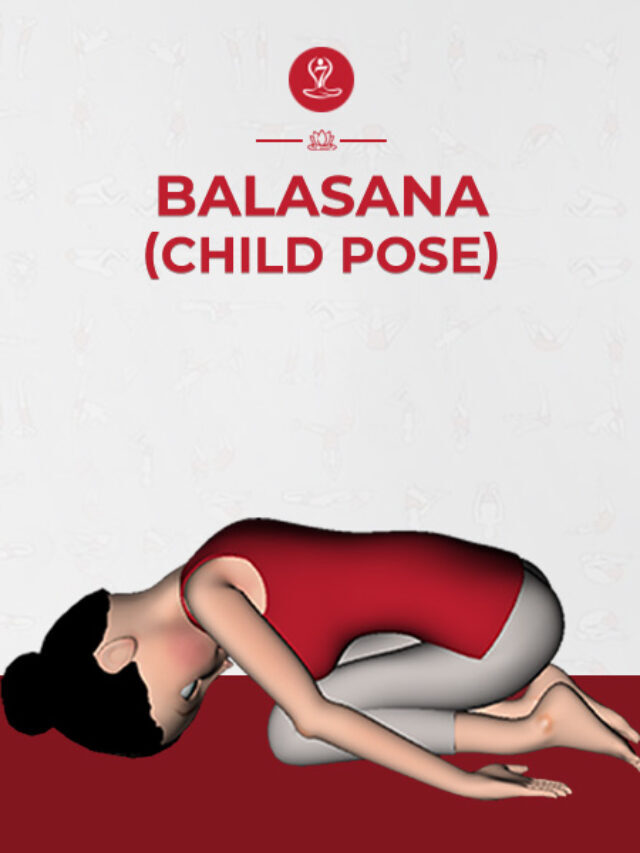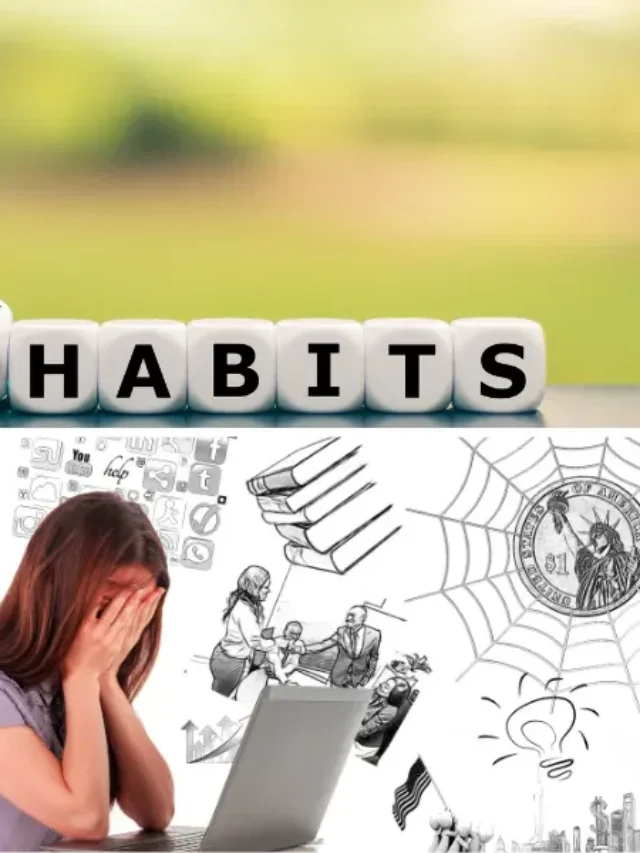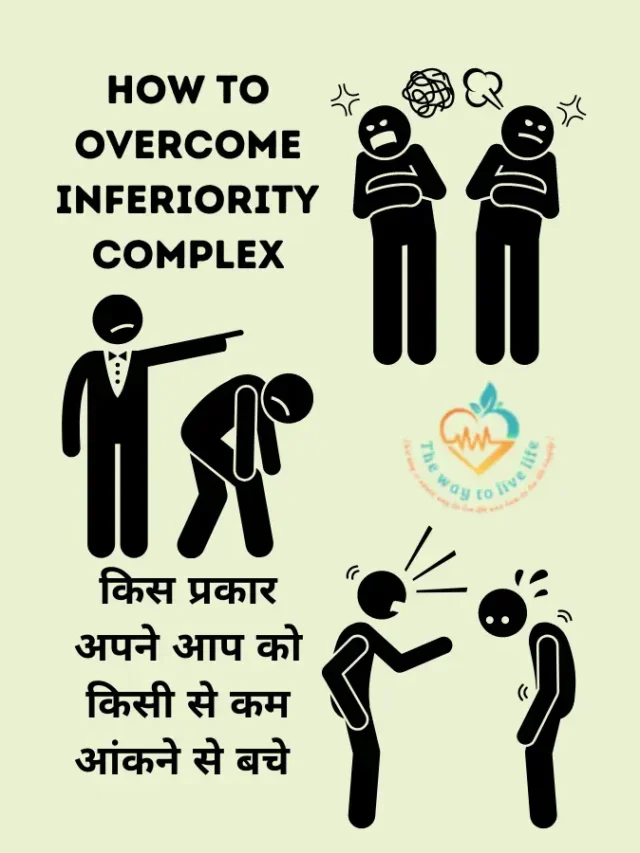You have a mind and you should learn how to use it. There are two levels of your mind-the conscious or rational level and the subconscious or irrational level. You think with your conscious mind and whatever you habitually think sinks down into your subconscious mind, which creates according to the nature of your thoughts. Your subconscious mind is the seat of your emotions and is the creative mind.
If you think good, good will follow; if you think evil, evil will follow. This is the way your mind works.

Effect of Positive and Negative thinking
The main point to remember is once the subconscious mind accepts an idea, it begins to execute it. It is an interesting subtle truth that the law of the subconscious mind works for good and bad ideas alike. This law, when applied in a negative way, is the cause of failure, frustration, and unhappiness. However, when your habitual thinking is harmonious and constructive, you experience perfect health, success, and prosperity.
Peace of mind along with a healthy body are inevitable when you begin to think and feel in the right way. Whatever you claim mentally and feel as true, your subconscious mind will accept and bring forth into your experience. The only thing necessary for you to do is to get your subconscious mind to accept your idea. The law of your own subconscious mind will bring forth the health, peace with the position you desire. You give the command or decree-your subconscious will faithfully reproduce the idea impressed upon it.
The law of your mind is this:
You will get a reaction or response from your subconscious mind according to the nature of the thought or idea you hold in your conscious mind.
Psychologists and psychiatrists point out that when thoughts are conveyed to your subconscious mind, impressions are made in the brain cells. As soon as your subconscious accepts any idea, it proceeds to put it into effect immediately. It works by association of ideas and uses every bit of knowledge that you have gathered in your lifetime to bring about its purpose. It draws on the infinite power, energy, and wisdom within you. It lines up all the laws of nature to get its way. Sometimes it seems to bring about an immediate solution to your difficulties, but at other times it may take days, weeks, or longer…. Its ways are past finding out.
Conscious and subconscious terms differentiated
You must remember that these are not two minds. They are merely two spheres of activity within one mind. Your conscious mind is the reasoning mind. It is that phase of mind which chooses.
For example
You choose your books, your home, and your partner in life. You make all your decisions with your conscious mind. On the other hand, without any conscious choice on your part, your heart is kept functioning automatically, and the process of digestion, circulation, and .. breathing are carried on by your subconscious mind through processes independent of your conscious control.
Your subconscious mind accepts what is impressed upon it or what you consciously believe. It does not reason things out like your conscious mind and it does not argue with you controversially. Your subconscious mind is like the soil which accepts any kind of seed, good or bad. Your thoughts are active and might be likened unto seeds. Negative, destructive thoughts continue to work negatively in your subconscious mind, and in due time will come forth into outer experience, which corresponds with them.
Remember, your subconscious mind does not engage in proving whether your thoughts are good or bad, true or false, but it responds according to the nature of your thoughts or suggestions. For example, if you consciously assume something as true, even though it may be false, your subconscious mind will accept it as true and proceed to bring about results which must necessarily follow, because you consciously assumed it to be true.
Experiments on Subconscious Mind
Innumerable experiments by psychologists and others on persons in the hypnotic state have shown that the subconscious mind is incapable of making selections and comparisons which are necessary for a reasoning process. They have shown repeatedly that your subconscious mind will accept any suggestions, however false. Having once accepted any suggestion, it responds according to the nature of the suggestion given.
Illustration
To illustrate the amenability of your subconscious mind to suggestion, if a practiced hypnotist suggests to one of his subjects that he is Napoleon Bonaparte, or even a cat or a dog, he will act out the part with inimitable accuracy. His personality becomes changed for the time being. He believes himself to be whatever the operator tells him he is.
A skilled hypnotist may suggest to one of his students in the hypnotic state that his back itches, to another that his nose is bleeding, to another that he is a marble statue, to another that he is freezing and the temperature is below zero. Each one will follow out the line of his particular suggestion, totally obvious to all his surroundings, which do not pertain to his idea.
These simple illustrations portray clearly the difference between your conscious reasoning mind and your subconscious mind. It is impersonal, non-selective and accepts as true whatever your conscious mind believes to be true. Hence, the importance of selecting thoughts, ideas, and premises which bless, heal, inspire, and fill your soul with joy. For example, if you consciously assume something as true, even though it may be false, your subconscious mind will accept it as true and proceed to bring about results which must necessarily follow, because you consciously assumed it to be true.
Innumerable experiments by psychologists and others on persons in the hypnotic state have shown that the subconscious mind is incapable of making selections and comparisons which are necessary for a reasoning process. They have shown repeatedly that your subconscious mind will accept any suggestions, however false. Having once accepted any suggestion, it responds according to the nature of the suggestion given. To illustrate the amenability of your subconscious mind to suggestion, if a practiced hypnotist suggests to one of his subjects that he is Napoleon Bonaparte, or even a cat or a dog, he will act out the part with inimitable accuracy. His personality becomes changed for the time being. He believes himself to be whatever the operator tells him he is.
A skilled hypnotist may suggest to one of his students in the hypnotic state that his back itches, to another that his nose is bleeding, to another that he is a marble statue, to another that he is freezing and the temperature is below zero. Each one will follow out the line of his particular suggestion, totally oblivious to all his surroundings, which do not pertain to his idea.
Power of Suggestion
You must realize by now that your conscious mind is the “watchman at the gate,” and its chief function is to protect your subconscious mind from false impressions. You are now aware of one of the basic laws of mind: Your subconscious mind is amenable to suggestion. As you know, your subconscious mind does not make comparisons, or contrasts, neither does it reason and think things out for itself. This latter function belongs to your conscious mind. It simply reacts to the impressions given it by your conscious mind. It does not show a preference for one course of action over another.
It is true that different people will react in different ways to the same suggestion because of their subconscious conditioning or belief. For example, if you go to a sailor on the ship and say to him sympathetically, “My dear fellow, you’re looking very ill. Aren’t you feeling sick? You look to me as if you were going to be seasick.” According to his temperament he either laughs at your “joke,” or expresses a mild irritation. Your suggestion fell on deaf ears in this instance because your suggestion of seasickness was associated in his mind with his own immunity from it. Therefore, it called up not fear or worry, but self-confidence.
The dictionary says that a suggestion is the act or instance of putting something into one’s mind, the mental process by which the thought or idea suggested is entertained, accepted, or put into effect. You must remember that a suggestion cannot impose something on the subconscious mind against the will of the conscious mind. In other words, your conscious mind has the power to reject the suggestion given. In the case of the sailor, he had no fear of seasickness. He had convinced himself of his immunity. The negative suggestion had absolutely no power to evoke fear.
The suggestion of seasickness to the other passenger called forth his indwelling fear of seasickness. Each of us has his own inner fears, beliefs, and opinions. These inner assumptions rule and govern our lives. A suggestion has no power in and of itself except it is accepted mentally by you. This causes your subconscious powers to flow in a limited and restricted way according to the nature of the suggestion.
Conclusion
Now the question is that how we can get benefits from the nature of this our mind. All the studies and experiments shows that we become what we think and what we give to our subconscious mind. So now it is up to us that what we think, positive or negative, productive or destructive. We take care our diet carefully because of we know that our diet affect our health directly. Same is with our thoughts and mind. Each thought affects our mind and so our actions. So as we take our of our diet we must take care of our thoughts . It is diet of our subconscious mind and the health of our mind depend on it. It is hard to believe that our thoughts affects our mind and actions, because all this happened involuntarily . This is an automatic process, we can not control it physically. All we can do is to control our thoughts and input to our mind. Once we master the art of control our thoughts, we can get what we want.









